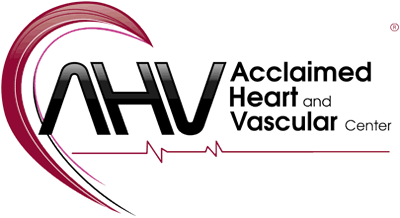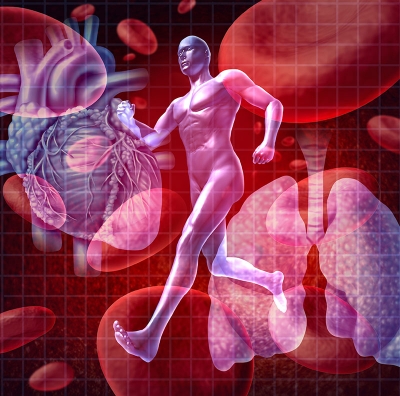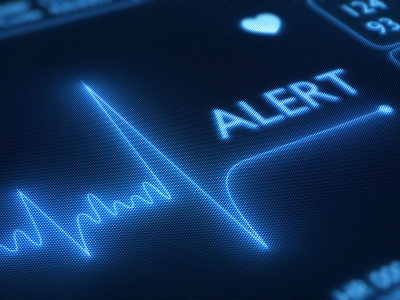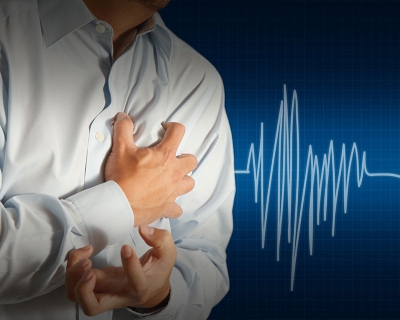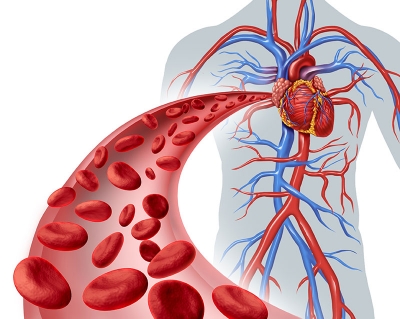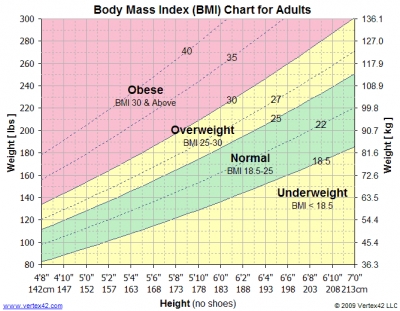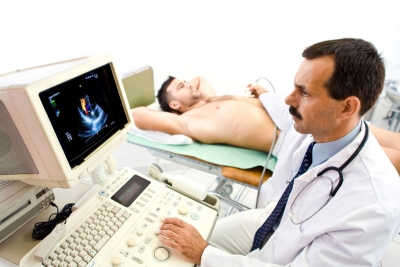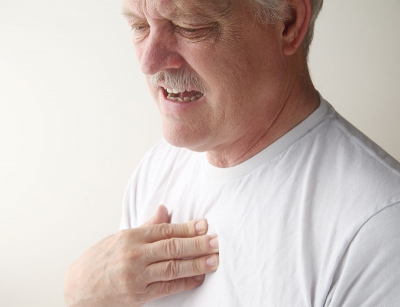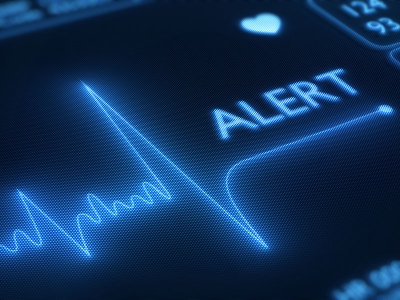High blood pressure, or hypertension, occurs when your blood pressure increases to unhealthy levels. Your blood pressure measurement considers how quickly blood is passing through your veins and the amount of resistance the blood meets while it’s pumping. Click here for more information on hypertension.
To control your hypertension, you can either take medicine prescribed by your doctor or try lifestyle changes first. If your blood pressure is very high - higher than 160/100, or when either number is higher – it is recommended that you start with medicine to lower it immediately. Either way, you will need to adjust your lifestyle to live more of a heart-healthy lifestyle and lower your risk for heart attack and stroke.
Sudden Cardiac Arrest (SCA) is the abrupt, unexpected loss of heart function, breathing and consciousness. SCA usually results from an electrical disturbance in your heart that disrupts its pumping action, stopping blood flow to the rest of your body.
Cardiac arrest is the abrupt loss of heart function in a person who may or may not have diagnosed heart disease. The time and mode of death are unexpected. It occurs instantly or shortly after symptoms appear.
Unstable angina is chest pain that happens suddenly and becomes worse over time. It occurs seemingly without cause. It can happen when you’re at rest or even asleep. An attack of unstable angina may lead to a heart attack. For this reason, an attack of unstable angina is an emergency and you should seek immediate medical treatment.
Unstable angina is a signal that your arteries are becoming very narrow and that you could experience a heart attack. If left untreated, unstable angina can lead to heart attack, heart failure, or arrhythmias (irregular heart rhythm). These can be life-threatening conditions.
A heart rate of less than 60 beats per minute (BPM) in adults is called bradycardia. What's too slow for you may depend on your age and physical condition.
- Physically active adults (and athletes) often have a resting heart rate slower than 60 BPM but it doesn't cause problems and is normal for them.
- Your heart rate may fall below 60 BPM during deep sleep.
- Elderly people are more prone to problems with a slow heart rate.
Potassium plays a vital role in keeping the heart functioning properly. Potassium keeps a normal water balance between cells and body fluids. It also aids nerve conduction and muscle contraction. Potassium plays a key role in keeping the heart beating at a normal rhythm. The American Heart Association states that dietary potassium can help maintain a normal blood pressure.1
Potassium doesn't treat or prevent heart disease. But getting enough of it can help your heart in several ways:
Atrial fibrillation, or AF or AFib, is the most common type of arrhythmia. With AFib, your heart quivers, beats too quickly, or skips beats. It can't pump blood through its chambers and out to your body as well as it should. Sometimes blood can pool in the heart and form clots, which could lead to a stroke.
During atrial fibrillation, the heart's two upper chambers (the atria) beat erratically and irregularly — out of coordination with the two lower chambers (the ventricles) of the heart.
Angina is chest pain or discomfort caused when your heart muscle doesn't get enough oxygen-rich blood. It may feel like pressure or squeezing in your chest. The discomfort also can occur in your shoulders, arms, neck, jaw, or back. Angina pain may even feel like indigestion.
But, angina is not a disease. It is a symptom of an underlying heart problem. There are several types of angina, including microvascular angina, stable angina, unstable angina and variant angina.
Depending on the type of angina you have, there are many factors that can trigger angina pain. The symptoms also vary based on the type of angina you have.
According to the Centers for Disease Control and Prevention1, Body Mass Index (BMI) is a person's weight in kilograms divided by the square of height in meters. A high BMI can be an indicator of high body fatness. BMI can be used to screen for weight categories that may lead to health problems but it is not diagnostic of the body fatness or health of an individual.
BMI is used as a screening tool to indicate whether a person is underweight, overweight, obese or a healthy weight for their height. If a person's BMI is out of the healthy BMI range, their health risks may increase significantly.
An aneurysm is an excessive localized enlargement of an artery caused by weakness in the arterial wall. Aneurysms may remain silent or rupture, causing serious problems and even death.
An aneurysm can occur in important arteries such as those supplying blood to the brain, and the aorta; the large artery that originates at the left ventricle of the heart and passes down through the chest and abdominal cavities.
Stable angina, also called angina pectoris, is the most common type of angina. Stable angina is a predictable pattern of chest pain. You can usually track the pattern based on what you’re doing when you feel the pain in your chest. Tracking stable angina can help you manage your symptoms more easily.
Heart failure, sometimes known as congestive heart failure, occurs when your heart muscle doesn't pump blood as well as it should. Certain conditions, such as narrowed arteries in your heart (coronary artery disease) or high blood pressure, gradually leave your heart too weak or stiff to fill and pump efficiently.
Currently, heart failure has no cure. However, treatments—such as medicines and lifestyle changes—can help people who have the condition live longer and more active lives. Researchers continue to study new ways to treat heart failure and its complications.
Congenital heart disease (CHD), or a congenital heart defect, is a heart abnormality present at birth. CHD can affect:
- the heart walls
- the heart valves
- the blood vessels
CHD is the most common type of birth defect and it causes more deaths in the first year of life than any other birth defects.
